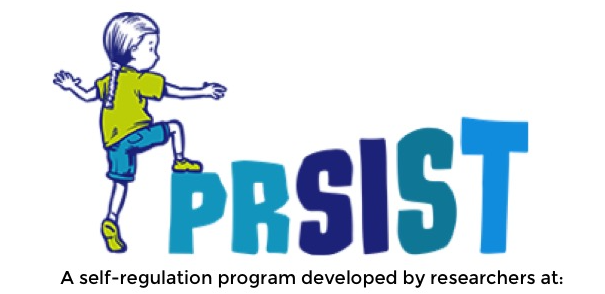
Actor's Studio
What to do: Tell children you are going to tell them some short stories, and you want them to act (make faces and use body language) the way they think the main character would feel. You can use scenarios like someone taking a toy they wanted to play with (e.g., sad), winning a race (e.g., happy), finding a coin on the ground (e.g., excited), or the group not reading the book they wanted (e.g., disappointed). Choose one child you think is acting out the character particularly well, asking the children: (a) how do you think they are feeling; and (b) how do you know (what cues about the person tell you that is how they are feeling). Support the children by drawing attention to particular features of the emotional expression.
Too easy? How to increase challenge: Give situations that may elicit mixed emotions, and choose children that seem to be portraying more than one emotion, or an unexpected emotion. You can scaffold children to consider and display mixed emotions. Even Harder? Have the children decide what emotion they would like to act out, and a situation that would make them feel that way.
Ideal formation(s): Small group for young children, or until children are familiar with the activity.
What it does: This activity challenges children’s ability to think about how they can regulate their own emotions and influence the emotions of others. It also supports emotion identification, understanding of others’ emotions, and the influence that they can have on others’ emotions (positively and negatively).
Links to EYLF:
- Respond to ideas and suggestions of others (from Outcome 1.1)
- Express a wide range of emotions, thoughts and views constructively; Display awareness of and respect for others’ perspectives; Reflect on their actions and consider consequences for others (from Outcome 1.4)
- Gradually learn to ‘read’ the behaviours of others and respond appropriately (from Outcome 2.1)
- Begin to show concern for others; Listen to others’ ideas and respect different ways of being and doing (from Outcome 2.2)
- Show an increasing capacity to understand, self-regulate and manage their emotions in ways that reflect the feelings and needs of others (from Outcome 3.1)
- Persist even when they find a task difficult (from Outcome 4.1)
- Express ideas and feelings and understand and respect the perspectives of others (from Outcome 5.1)




